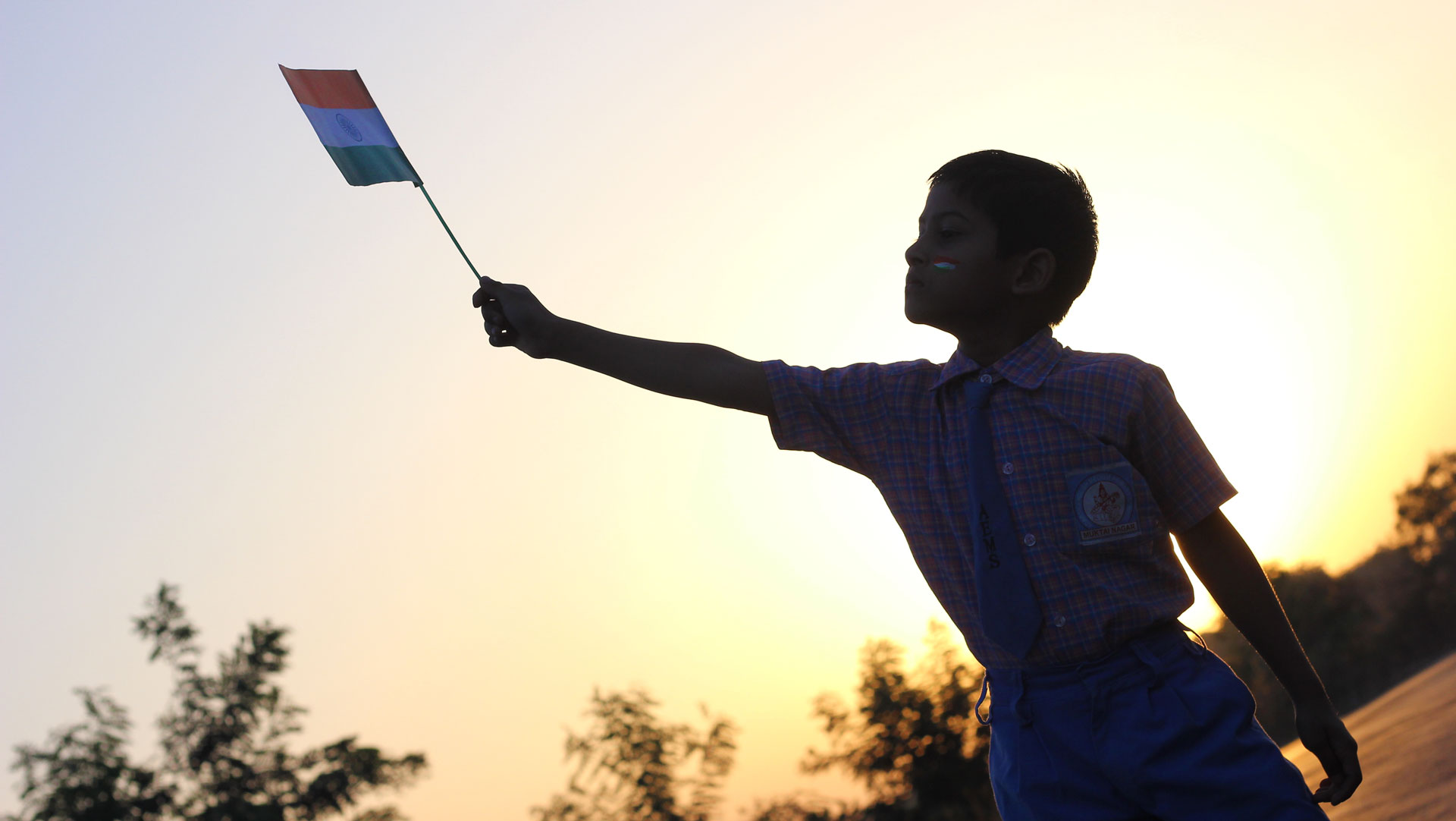“And let us not grow weary of doing good, for in due season we will reap, if we do not lose heart.” Galatians 6:9 NKJV
The village would remind most of us of a maze, but one with mud walls as high as a man’s head. Only these walls are part of people’s homes.
During the heavy seasonal rains, the houses would erode to expose straw and sticks used to reinforce the mud. The walkways become shin-deep sludge, and in the doorways, children poke out their heads to watch the rain.
In India, many schools charge for primary education, so these children can’t go and will instead follow their parents out into the fields each day.
Being Set Free
This was the village as World Challenge’s partners originally found it. Many of the people there belonged to the lower castes and were very poor, subsistence farmers.
Most of the villagers felt that they were being punished.
One of the team members* explained, “They used to think they were under some curse and couldn’t hope for good in life. They were living in darkness and never thought of seeing light.”
The team began working with the village’s people to introduce them to Jesus Christ who loved each one of them so deeply that he gave his divine life for them.
In God, there were no curses or punishments for past lives.
They began working to help people build better homes for their families. Now 32 of the 40 village homes are pakka houses, those made with permanent materials rather than mud. At least 36 of the homes have had toilets installed to improve sanitation.
A volunteer organization came into the neighborhood and began offering basic education for the children. They only charged 1 rupee per day—about the equivalent of 1 US cent—for the children’s study fees.
The parents happily started sending their children to school since this cost was completely affordable, unlike the state-run schools.
Taking Ownership
Inspired by the changes and this novel idea of God’s love and interest in their lives, the village chief decided to champion even more changes.
He gathered together the village, and they chose several people to be community leaders and form a committee to make civil choices for the town. Together they conferred about a problem everyone was facing.
The streets of the town, like the old houses, had been entirely mud. Transporting crops or going out to check on the fields often became extremely difficult during the rainy season. In addition, debris carried by the water could become entrenched in the mud and sometimes cut people’s feet or caused infections for those who had to wade through it to get home.
The community leaders decided to make more permanent roads and paths.
Not only did they want new paths, but they wanted them to be beautiful. People gathered bricks and began laying them in patterns as they built the street.
Learning to Celebrate
Those new roads quickly came in handy.
India’s Independence Day is August 15, and it’s a national holiday in remembrance of the many people who gave their lives for the sake of freedom from England.
While the nation was technically free, very little changed for those who were trapped in the low levels of India’s caste system. They simply because caught in a new form of bondage to a government that held to Hindu beliefs and caste.
However, so much new life had been breathed into the village that their committee decided to celebrate Independence Day in a way they never had before.
At 9 a.m., a village elder went out and hoisted the national flag. Then all the people took out banners and small flags and marched across the village on their freshly fixed streets. People greeted each other, and sweet treats were distributed among the young and old.
The government holiday had become the village’s private festival to celebrate old and new freedoms.
Looking to the Future
Walk down these brick roads with us. See the interwoven pattern the workers laid there? The edge of a national flag flutters from a window. There’s a child running late for school, a flash of a grin and then she’s around the corner.
Three years after World Challenge workers arrived, many would find this village unrecognizable compared to before.
Today, the community cares for one other because they are learning about a God who has forgiven them and cares for each person. They are aware of their environment as God has made it and are taking action to keep it cleaner. All of this is helping to improve their health.
Their world is being transformed, redeemed.
When asked about the village’s future, one of World Challenge’s partners quoted the words of a hymn often thought to be inspired by Galatians 6:9— “We shall overcome, we shall overcome, we shall overcome some day… Oh deep in my heart, I do believe, we shall overcome…”
To learn more about World Challenge’s partners are doing in this region, see “The Wisdom of Ages in India” and “Heart Revival Among India’s Widows.”
*For our ministry partners’ security, we don’t release names or locations in highly sensitive areas.
